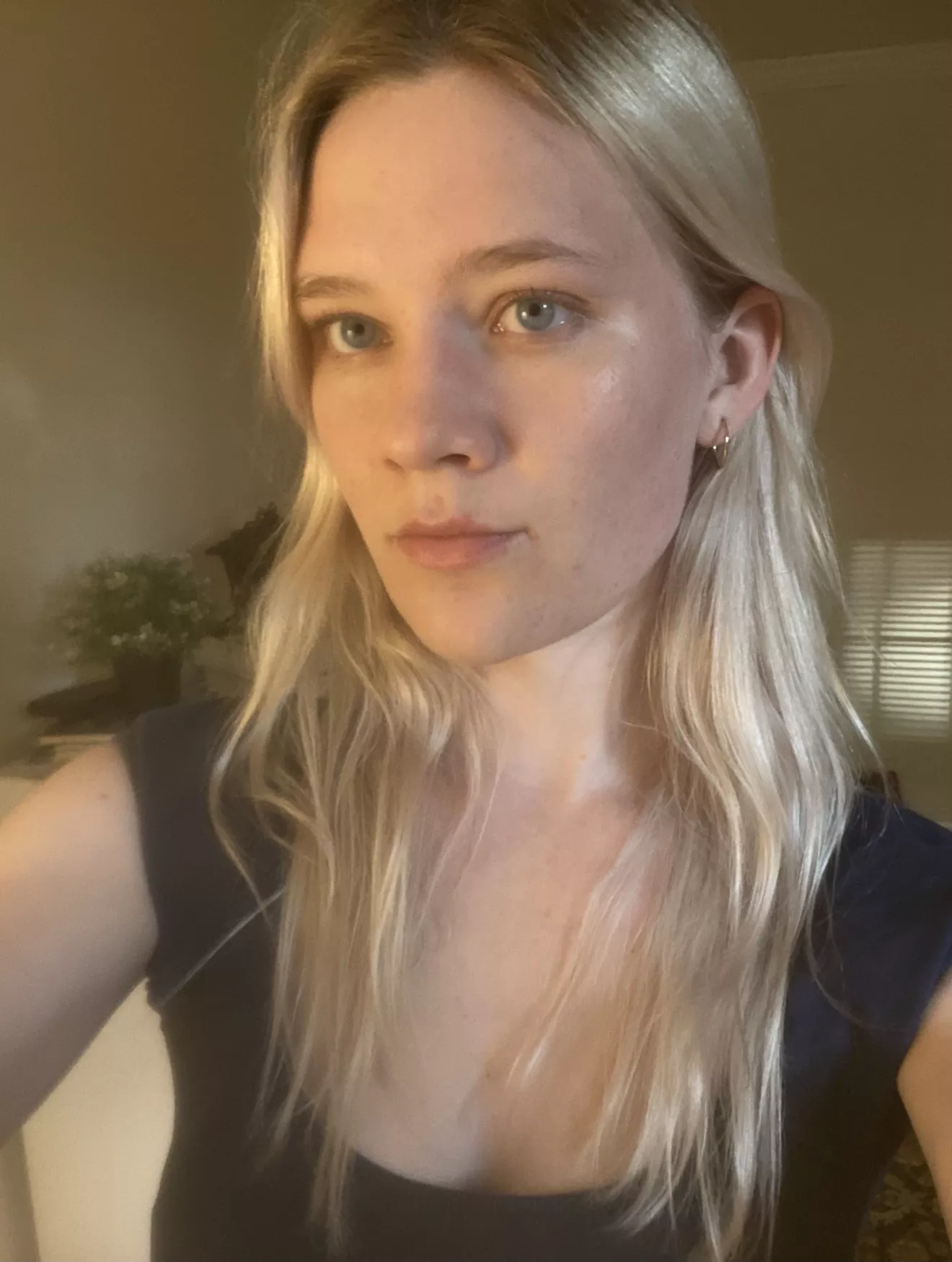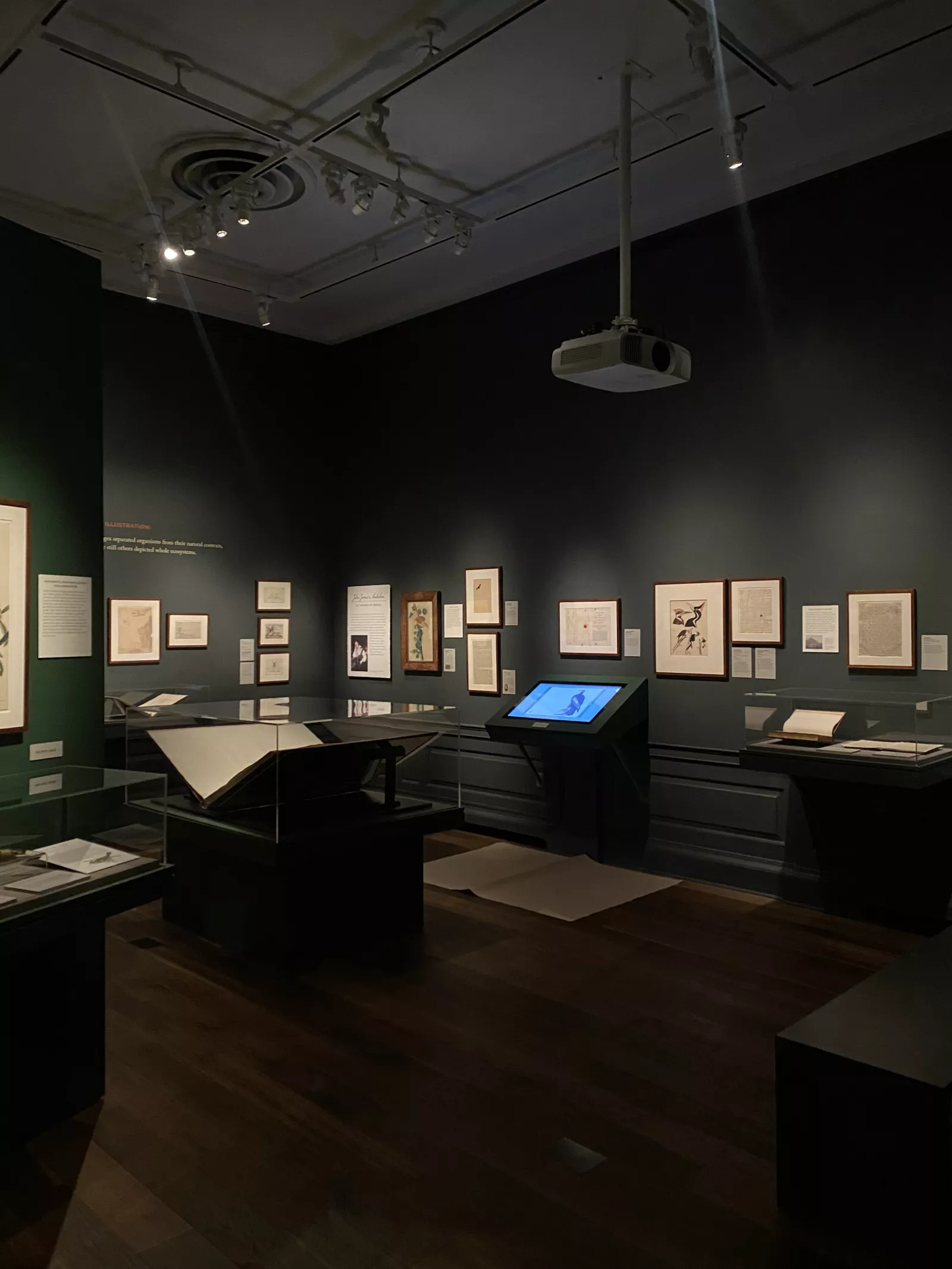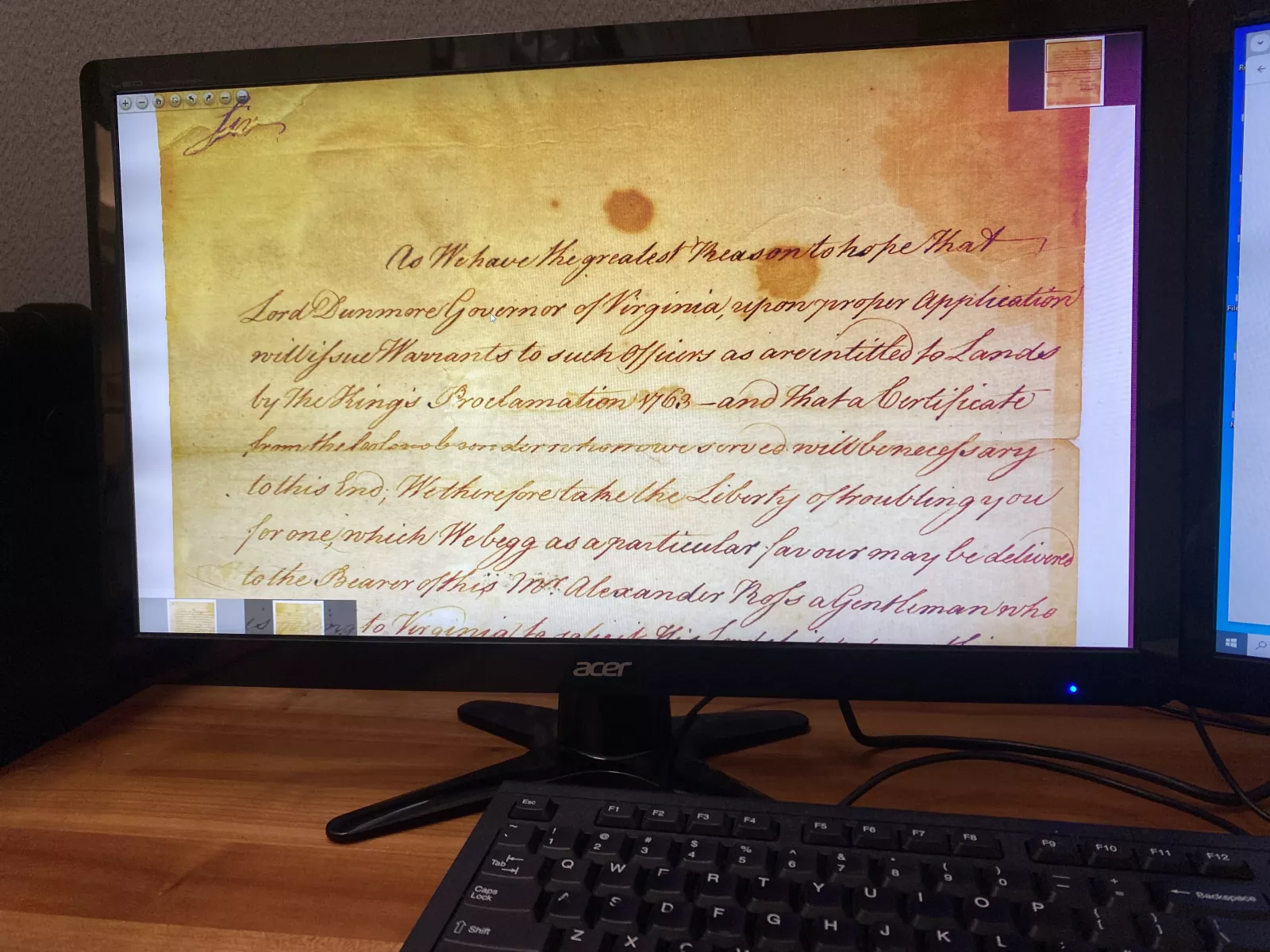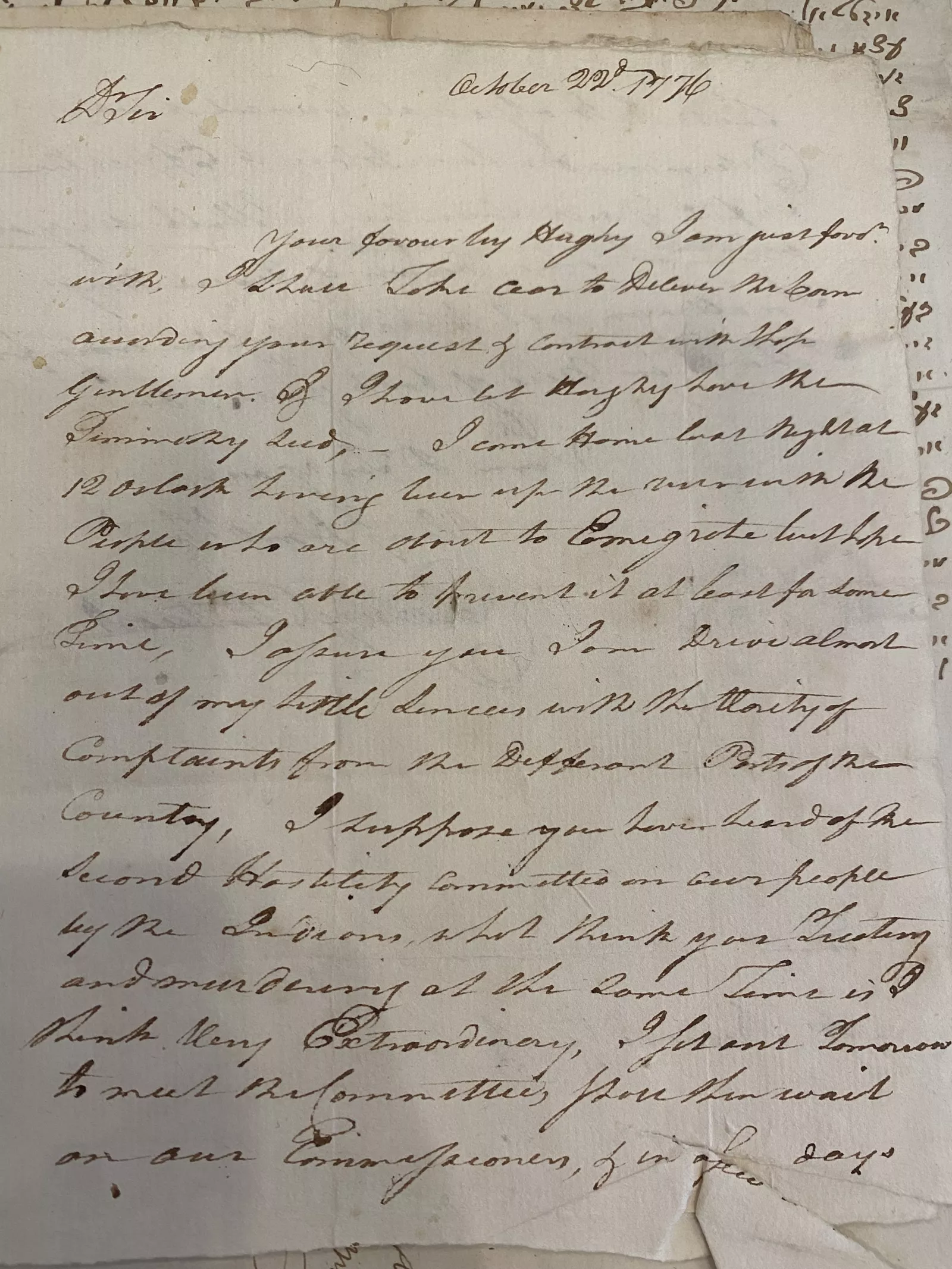
Name: Lily Petteway
Class Year: 2025
Major: History, Minor: History of Art
Hometown: Seattle, WA
Internship Organization: American Philosophical Society
Internship Title: Curatorial Intern
Location: Philadelphia, PA
What's happening at your internship? We would love to hear what kind of work you are doing!
I have mainly been reading and researching primary sources in the American Philosophical Society collections, both digitally and in-person, in preparation for the 2025 exhibition The Revolutionary City. The objective of this exhibition is to shed light on the lives of ordinary Philadelphians through the Revolutionary War, meaning much of the information I’ve sifted through is personal correspondence reflecting on aspects of everyday life, from rental disputes to religious practices. While going through different collections, I identify which objects, or documents, are thematically relevant to the exhibition and can preliminarily be woven into a broader historical presentation. As the exhibition is in its early stages of development, I’ve also been able to poke around in different areas such as collections management and digital scholarship.
Why did you apply for this internship?
The APS is both a library and museum, and I was eager to contribute to an institution that could connect me to history through multi-faceted means. Being able to observe and participate in so many different aspects of the APS’s day-to-day operation has been invaluable in introducing me to museum work, which I am interested in pursuing post-graduation but had no prior experience with! Additionally, I was especially interested in the premise of the exhibition I would be working on and its implications on connecting contemporary Philadelphians with their past. Digging deeply into existing material to extract stories that may not permeate traditional historical narratives is significant to me as a means of public engagement, making the diverse experiences of Revolutionary Philadelphians accessible to a wide audience.
What has been the biggest challenge you have faced at your internship?
Truthfully, my biggest challenge has been adjusting to reading 18th century handwriting! Much of the primary source research I’ve conducted prior to this has been cushioned by having transcriptions or scholarly research available to help guide me in what I should be extracting – things that the collections I researched generally lacked. I had to get used to approaching historical sources in their most primary and unobstructed forms, sometimes without any context attached. In my case, it was definitely an instance of practice makes perfect; the more I read, the more I could actually understand what I was reading, both information-wise and in regard to the actual script. I often did full-document transcriptions to help me both in deciphering difficult words through context clues, and to use as references for how certain letters or words may appear in other documents. Being in a setting in which I had to adjust to the material I was working with was a unique experience that I think is crucial in historical methodology.
Can you talk about the skills you are learning and why they are important to you?
Engaging with all kinds of source material has honed both my research and organizational skills. I’ve learned to format my annotations and observations in ways comprehensible to the other curatorial staff, familiarizing myself with databases to categorize and streamline information. Instead of conducting research on an individual scale as I’ve done in the classroom, I was made to think about informational accessibility both towards my collaborators and towards a public audience of exhibitiongoers. Not only will this be practically helpful in my upcoming thesis work, but it has also allowed me to think critically about how to convey my own research in a collaborative setting.
Career & Civic Engagement Center History History of Art


